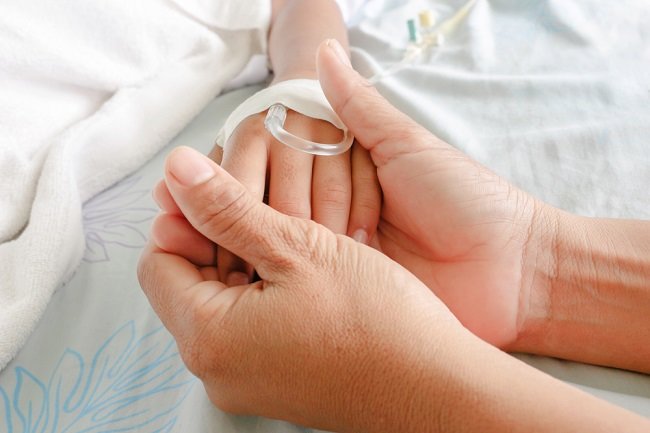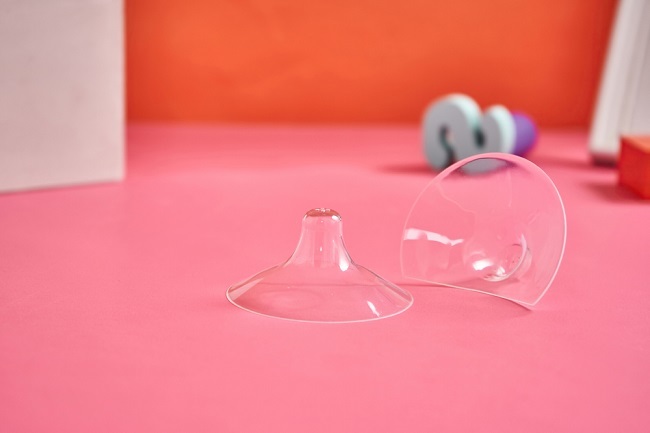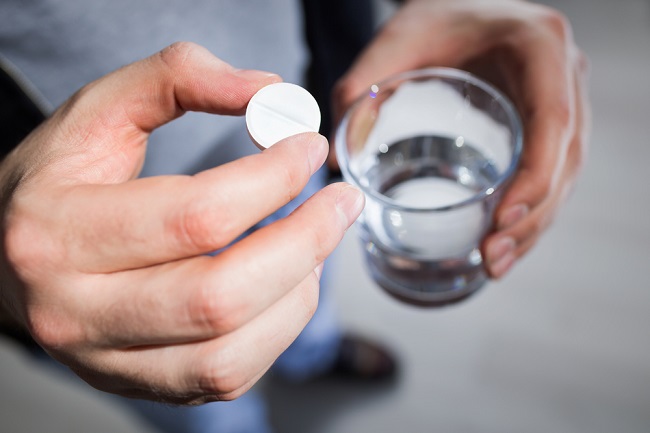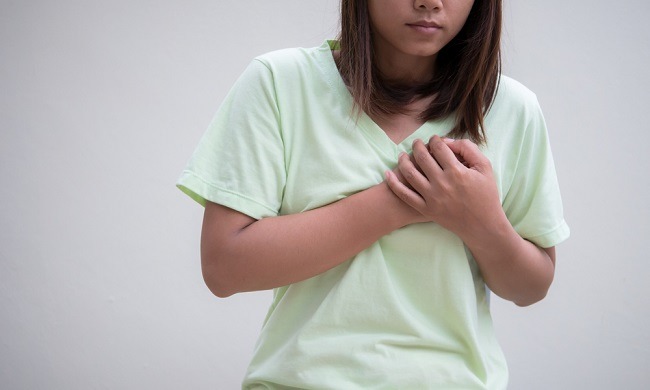The rainy season not only makes you susceptible to flu, but also risks serious illnesses such as dengue hemorrhagic fever (DHF). If not treated immediately, this disease can lead to dehydration and other dangerous conditions.
Dengue hemorrhagic fever is a disease transmitted by female mosquitoes, generally Aedes aegypti infected with the dengue virus, which bites humans. During the rainy season, the mosquito population, including the Aedes aegypti mosquito that causes dengue fever, also increases. The rainy season, especially in the tropics, is the perfect habitat for mosquitoes to reproduce. From the results of the study, it was found that the spread of dengue from mosquitoes to humans generally occurs during the rainy season.

People who have dengue fever usually experience a sudden high fever accompanied by at least two symptoms, such as headache, muscle and joint pain, pain behind the eyeball, nausea, vomiting, stomach pain, loss of appetite, to a red rash on the skin like smallpox. water. These symptoms generally appear 4 to 10 days after the mosquito bite.
In addition, other symptoms of dengue hemorrhagic fever are leakage of blood fluids, hematuria, and gastrointestinal bleeding. This condition can occur after the fever appears or within 24 hours before. These symptoms can even be accompanied by a decreased level of consciousness, as well as febrile seizures in children.
The severity of dengue symptoms can vary from person to person. However, if not treated promptly, these symptoms can become more serious, such as dengue shock syndrome, organ failure, and even death.
Prevent Dehydration
One of the main conditions that should be wary of related to DHF is dehydration that occurs due to vomiting, high fever, loss of appetite, and leakage of blood fluids. In certain very severe cases, studies have found a reduction in blood fluid volume in people with DHF by more than 20%.
The most effective and rapid way to reverse the loss of blood fluid due to leakage and prevent dehydration is to give fluids containing ions as is usually given to patients with diarrhea. This liquid is more recommended than mineral water, because plain water can not restore the lost ions from the body. In addition, giving fluids that contain ions will also help prevent blood clots in the blood vessels.
The amount of fluid that contains ions that need to be given is approximately equivalent to the daily fluid requirement plus the amount of fluid lost from the body. Be sure to consult with your doctor regarding the amount of liquid containing ions that should be consumed according to the needs and conditions of the body.
Intravenous fluids to blood transfusions sometimes also need to be given to patients, especially those who cannot take fluids from the mouth and show symptoms of severe dehydration such as: low blood pressure, cold or mottled skin, tachycardia or abnormal heart rate, elevated red blood cells, and decreased urine volume.
In addition to preventing dehydration, administering anti-fever drugs, monitoring the number of platelets and hematocrit, as well as being aware of signs of bleeding are important keys to the treatment of dengue fever. With proper care and adequate body fluids and body ion balance, DHF patients can quickly recover and return to their activities.









